More Trial Delays for Bryan Kohberger, Man Charged With Grisly Stabbing Murders of Four Idaho Students
The defense has been demanding that prosecutors hand over cell phone data, which the prosecution claims they don’t have.
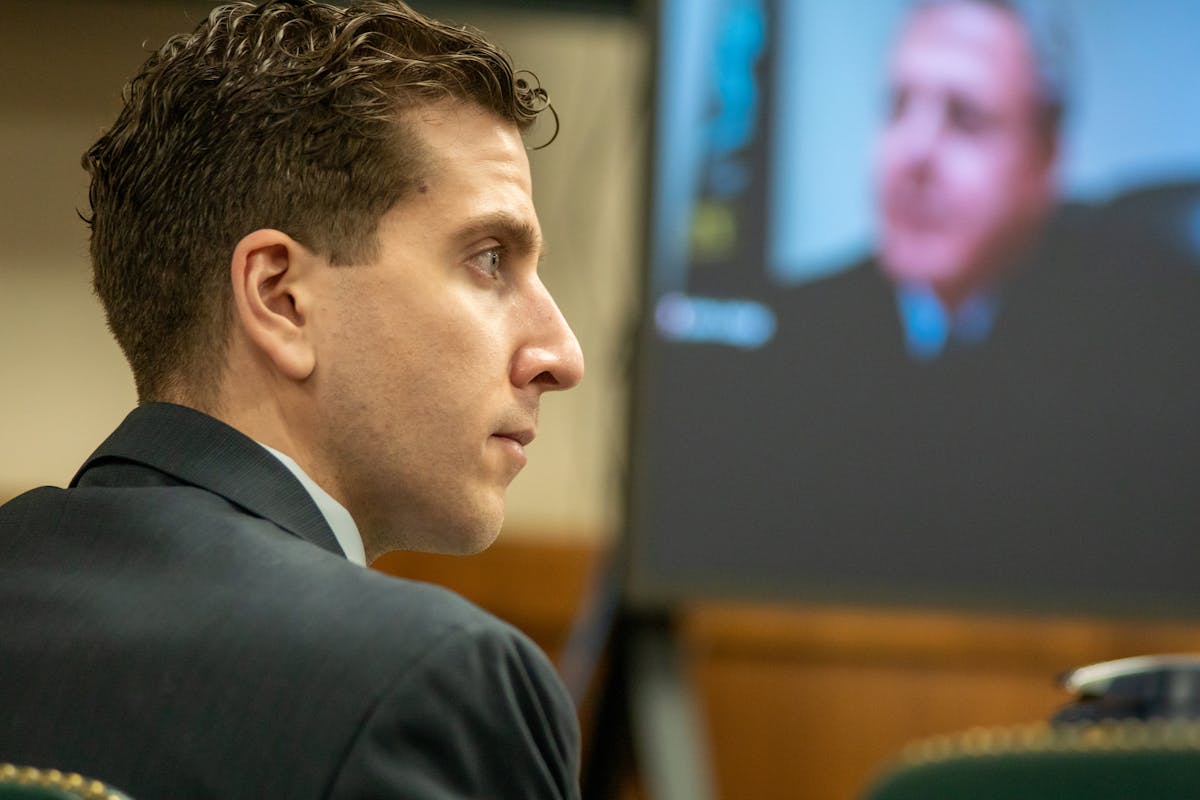
Bryan Kohberger was accused of murdering four University of Idaho students a year and a half ago. But his highly anticipated trial has – once again – been put on hold.
Mr. Kohberger, a former criminal justice Ph.D. candidate at Washington State University at Pullman, Washington, was charged with one count of burglary and four counts of murder after Madison Mogen, 21, Kaylee Goncalves, 21, Xana Kernodle, 20, and Ethan Chapin, 20, were found stabbed to death in an off-campus house at Moscow, Idaho. It’s believed the killings occurred around 4 a.m. on November 13, 2022.
Mr. Kohberger was connected to the gruesome murders thanks to DNA evidence from the button snap of a knife left at the crime scene. But he has pleaded not guilty to all charges and insists he was simply out for one of his stargazing drives on that tragic morning. If he’s convicted, Mr. Kohberger could face the death penalty.
Two closed-door hearings were set to take place this week, but a court order signed by U.S. District Judge John Judge has delayed the hearings until May 30 so that both the prosecution and defense can properly respond to information submitted by both parties earlier this month. That information, according to the Idaho Statesman, centers around access to potentially consequential evidence.
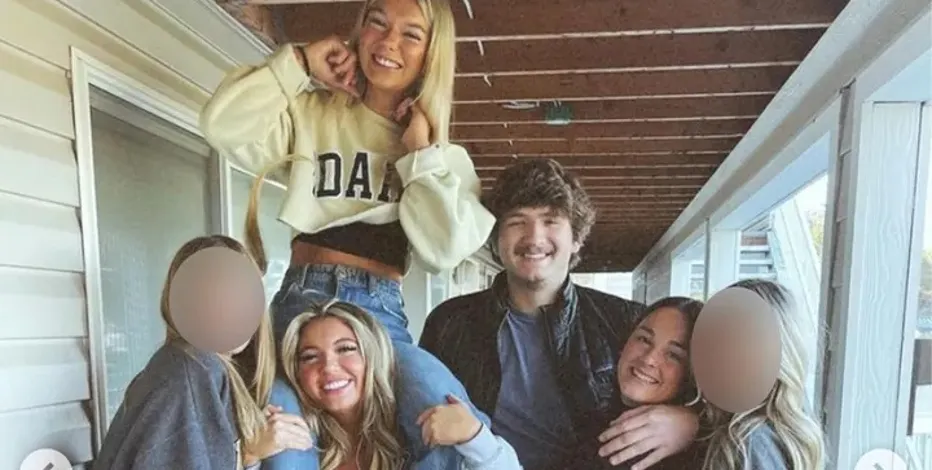
Defense attorney Anne Taylor, Mr. Kohberger’s lead public defender, says prosecutors have intentionally withheld, for months, important records and details surrounding the homicides that the defense has a right to see. The defense has filed multiple motions to push prosecutors to share the evidence which includes cell phone tower data, car data and the full video and audio of a white sedan matching Mr. Kohberger’s near the scene of the crime.
“The state knows full well what they have and what they’re withholding from us,” Ms. Taylor shared at a hearing earlier in May. “We don’t know what they’re going to show, but we know they exist.”
Contrastingly, prosecutors say they have not tried to intentionally withhold information from the defense.
“The characterization that we’re just consciously withholding information to frustrate the defense is utter nonsense,” Latah County Prosecutor Bill Thompson said earlier this month. “That is not true. We will provide everything we can that is providable under the rules.”
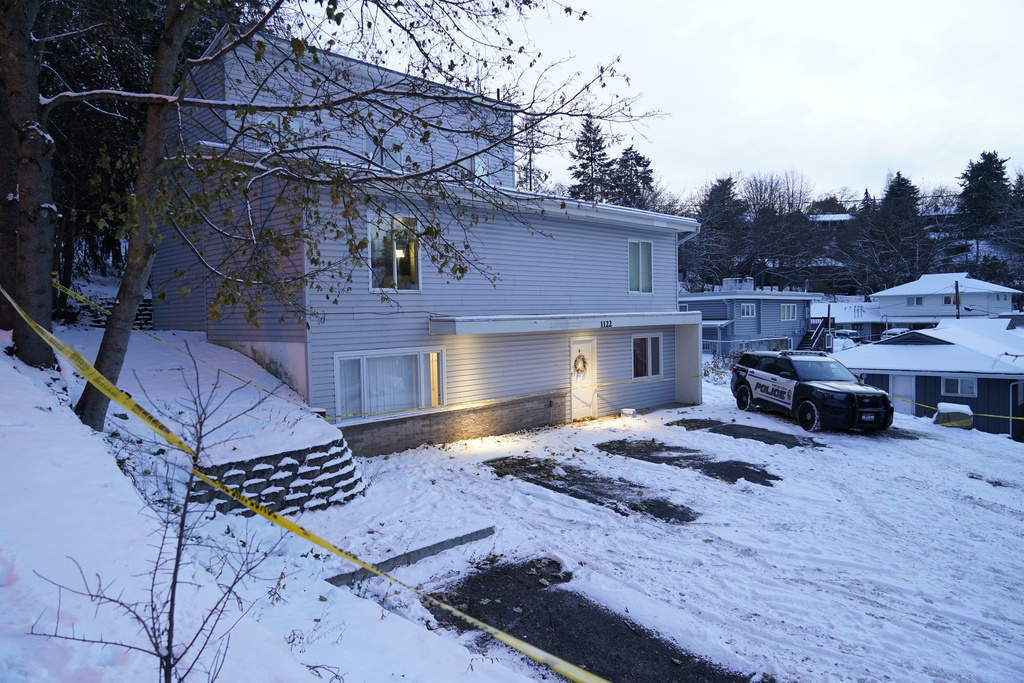
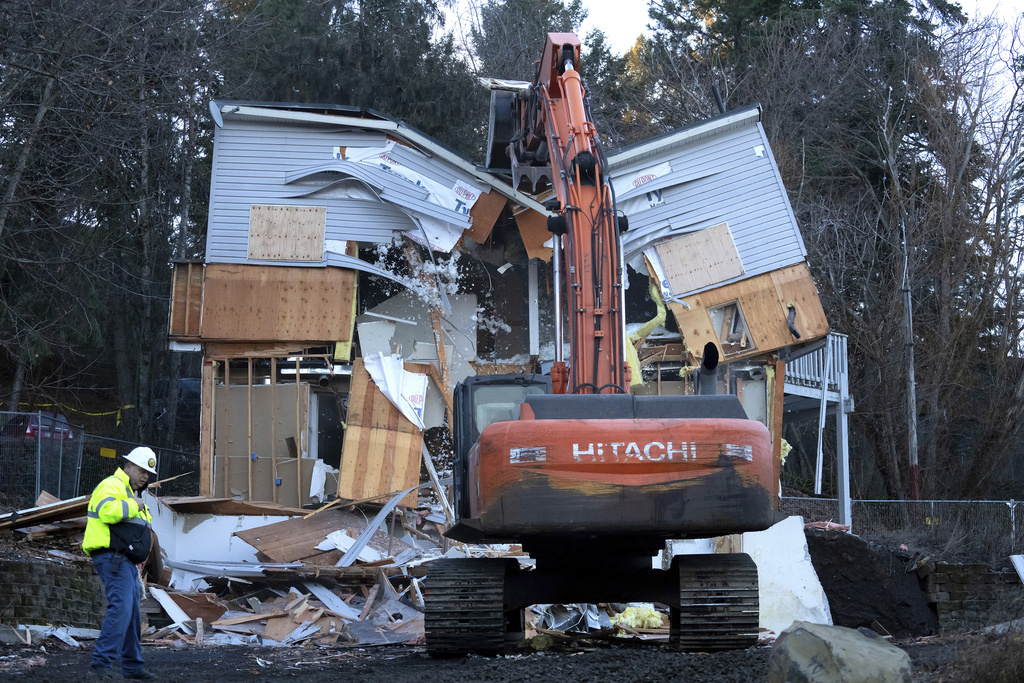
Mr. Thompson has added that prosecutors do not currently possess the desired cellular data reports from the FBI and will share those with the defense once they’ve gotten them from the organization.
“They have been good partners, but they have their own rules to work with,” he said. “We do not have it. We are not withholding. It’s as simple as that.”
Prosecutors have, however, previously tried to limit the defense’s access to some DNA records from the FBI which were used to narrow the list of potential suspects via a process known as investigative genetic genealogy, or IGG. The judge has since ruled to allow the defense to have those records, and prosecutors say they’ve spent months pursuing the Touhy process which is required when seeking “any official information for litigation purposes, including witnesses and documents, when the Government is not a party to the litigation.”
The second closed hearing will center around these IGG records, and the defense plans to present two expert witnesses and a few exhibits. The defense is hoping it will help them in their push to get permission for their own investigations to review the protected content that was shared with them.
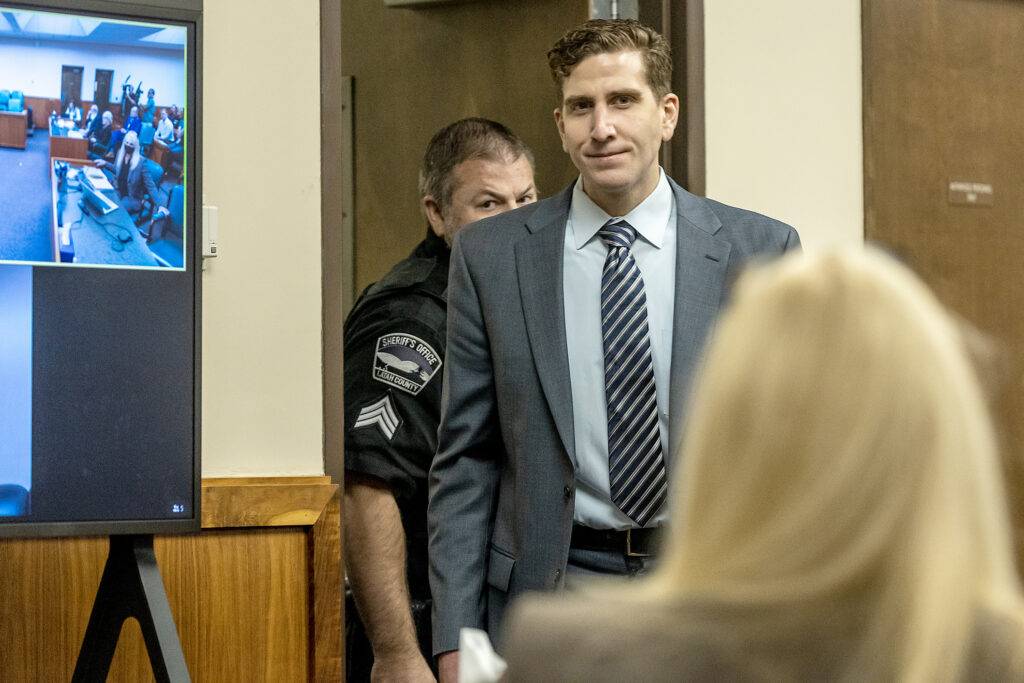
Overall, these delays have likely resulted in some serious financial repercussions for Idahoans. The Idaho Statesman estimates that the case has already cost the state’s taxpayers more than $3.6 million.
Yet another hearing has been set for June 27. This hearing will see arguments on whether the case should be moved from Latah County to ensure a fair trial.
“A fair and impartial jury cannot be found in Latah County owing to the extensive, inflammatory pretrial publicity, allegations made about Mr. Kohberger to the public by media that will be inadmissible at his trial, the small size of the community, the salacious nature of the alleged crimes, and the severity of the charges Mr. Kohberger faces,” Ms. Taylor wrote in a motion filed in January.
Prosecutor Bill Thompson, on the other hand, has argued against a change in venue because he believes Latah County deserves to seat a jury after being directly affected by the crimes committed in their community. He’s also said jurors from any jurisdiction could be familiar with the case since it has commanded headlines nationally as well as internationally.
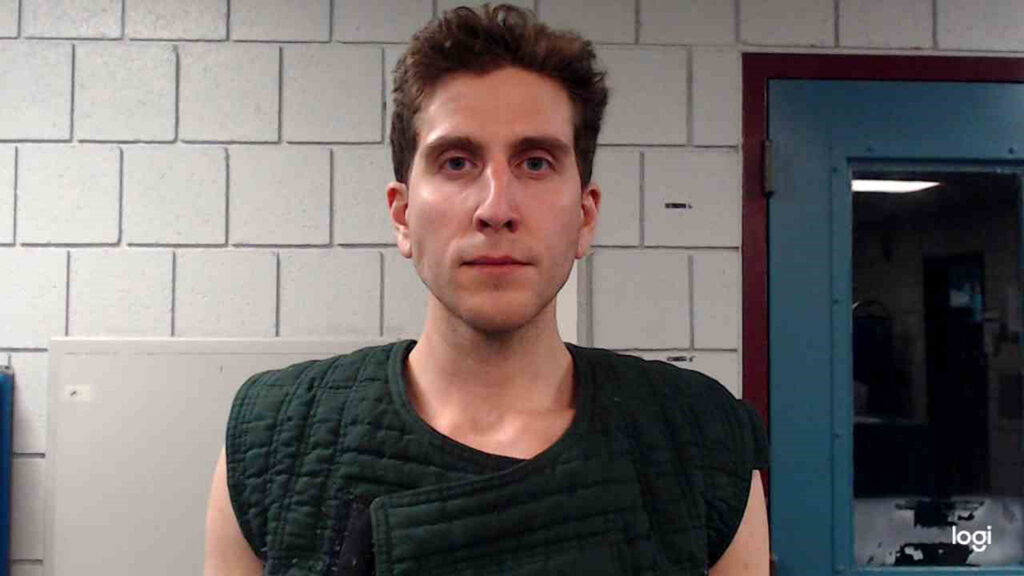
“It’s not Moscow, it’s not Latah County — it’s everywhere,” Mr. Thomson explained. “So I don’t think that a change of venue is going to solve any of these problems.”
We don’t yet have a trial date, but this case is expected to last for 12 to 15 weeks.

